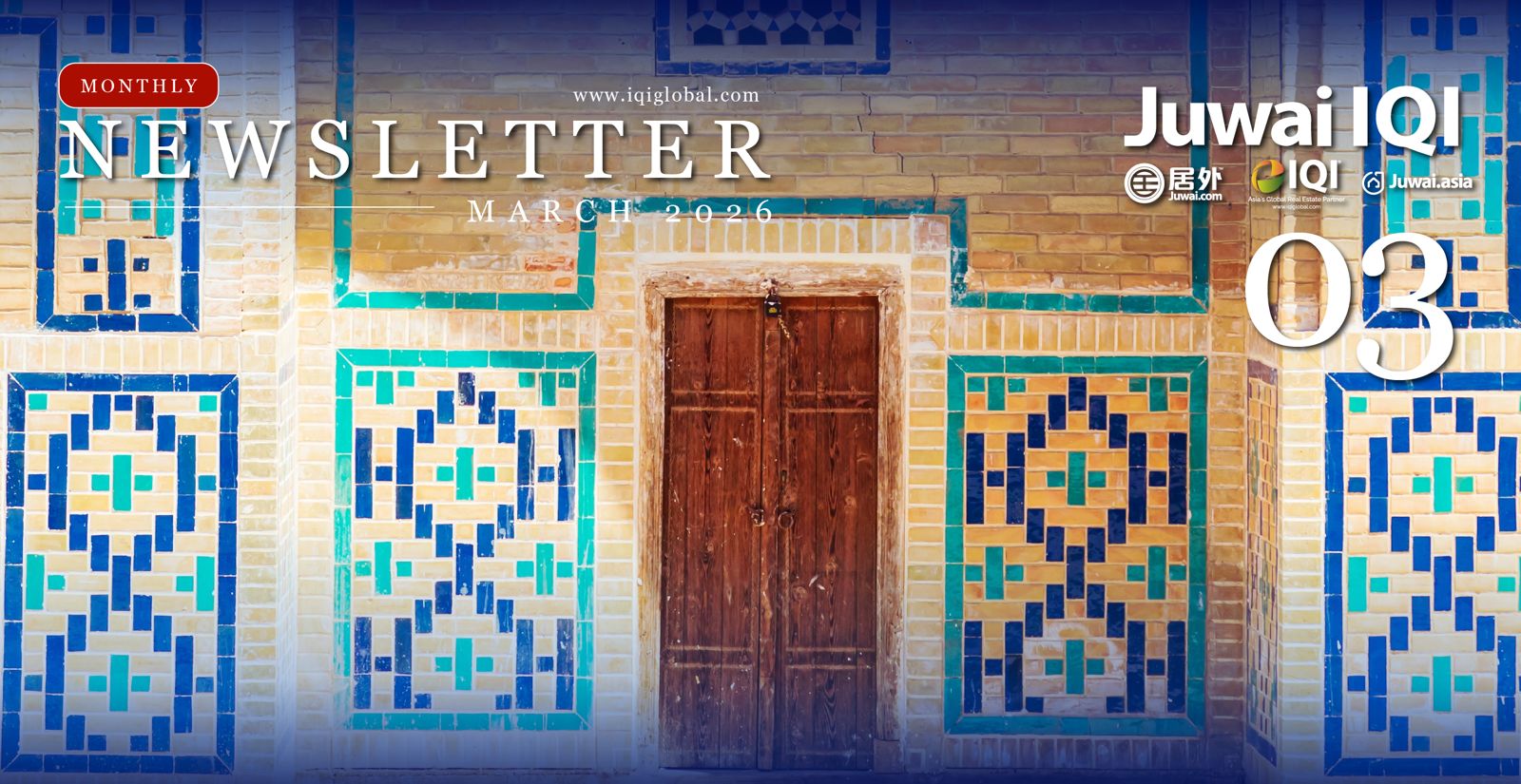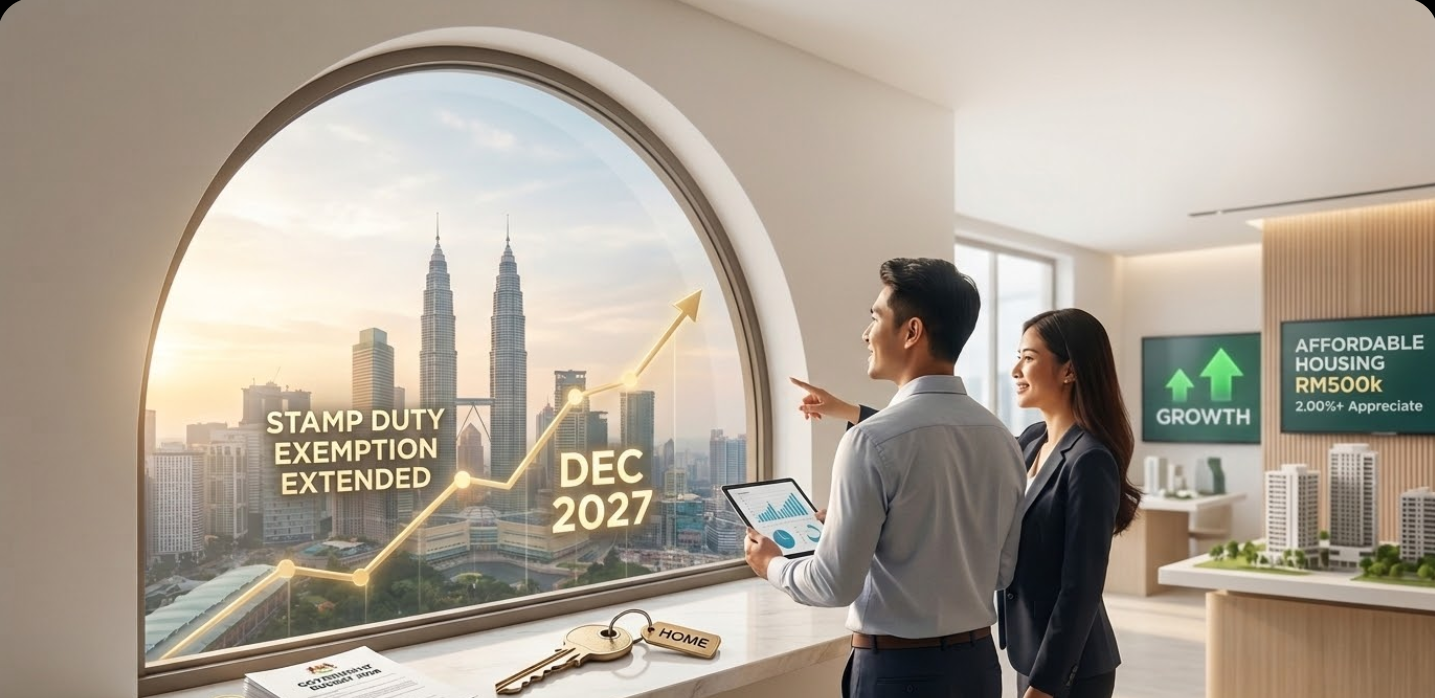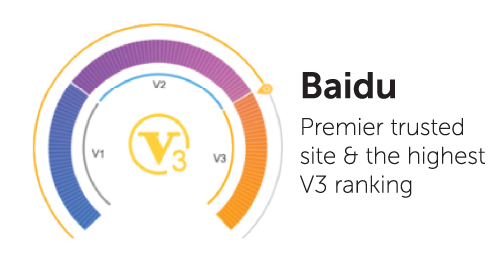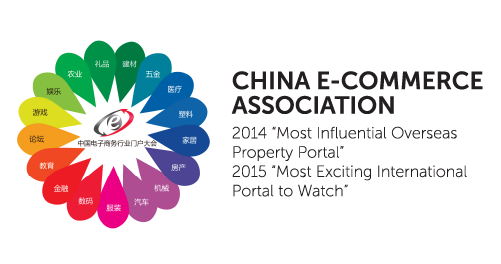The Future of
Global Real Estate
IQI offers you a comprehensive range of properties and services using the power of technology, connecting you globally.
Discover
Your one-stop property solution
Get the latest Property News
Expand your knowledge here!
Sell or Rent property
Have an agent list my property
Global Market Insights
Get detailed property reports and insights across multiple countries
Manage My Deal
Follow up on my buying process
Mortgage Calculator
I want to calculate my budget
Register as a Real Estate Negotiator
I want to be a real estate negotiator in IQI
Malaysia Market Insight
Malaysia continues to present a compelling narrative for global investors, underpinned by a resilient economic framework and a dynamic property market. As we move through 2025, understanding the interplay between macroeconomic stability and real estate trends is crucial for making informed investmen... Malaysia continues to present a compelling narrative for global investors, underpinned by a resilient economic framework and a dynamic property market. As we move through 2025, understanding the interplay between macroeconomic stability and real estate trends is crucial for making informed investment decisions. This guide synthesizes high-authority data from key national institutions to provide a clear, data-driven perspective on the opportunities within Malaysia's real estate sector.
New Launches
Latest Listings

Alamanda Heights @ Seri Kembangan
Alamanda Heights, Seksyen 9, Jln Mawar, Taman Perindustrian Bukit Serdang, 43300 Seri Kembangan, Selangor
Starting from RM 565,000
Listed on March 5, 2026

Colonial Infinite @ Edumetro
Taman Subang Permai, 47500 Subang Jaya, Selangor
Starting from RM 253,000
Listed on January 30, 2026

Golden Crown Residence @ TRX
4PVC+36J Kuala Lumpur, Federal Territory of Kuala Lumpur
Starting from RM 1,280,000
Listed on January 2, 2026

Andara Residence
337, Jalan PJU 1a/31, Ara Damansara, 47301 Petaling Jaya, Selangor
Starting from RM 4,050,800
Listed on November 24, 2025

Veridian Residence @ Petaling Jaya
Jln PJS 5/32, PJ Selatan Sentral, 46150 Petaling Jaya, Selangor
Starting from RM 661,500
Listed on November 20, 2025

Oaka Residence @ Bukit Jalil
Taman Esplanad, 57000 Kuala Lumpur, Federal Territory of Kuala Lumpur
Starting from RM 836,000
Listed on November 13, 2025

The Arden @ Bandar Sri Damansara
Persiaran Perdana Damansara Avenue, Bandar Sri Damansara, 52200, Wilayah Persekutuan Kuala Lumpur
Starting from RM 542,000
Listed on November 12, 2025

Ekotitiwangsa @ Titiwangsa
https://maps.app.goo.gl/xg6h6LbqbuJXfVZn6
Starting from RM 434,700
Listed on October 24, 2025

One Seputeh @ Seputeh
40, Jln Syed Putra, Taman Persiaran Desa, 50460 Kuala Lumpur, Wilayah Persekutuan Kuala Lumpur
Starting from RM 699,800
Listed on September 10, 2025

Anya @ Shorea Park
ANYA Shorea Park Residence, 2, Jalan SP 1, Shorea Park, 47120 Puchong, Selangor
Starting from RM 504,000
Listed on May 19, 2025

Setia Eco Templer
Templer Park, 48200 Rawang, Selangor
Starting from RM 1,898,000
Listed on May 19, 2025

The Rise 2@Rawang
Bandar Country Homes, 48000 Rawang, Selangor
Starting from RM 2,062,000
Listed on May 19, 2025
Our story
Award-winning PropTech Agency

IQI goes beyond conventional boundaries.
With offices in 30+ countries and 60,000+ real estate negotiators and growing, we have a unique perspective into international best practices in real estate, allowing our team to become global real estate entrepreneurs through cross border property investment and transactions.
Countries
Agents
Projects
All-in-one
Connecting you globally
Invest with us
Invest on a platform with over 6 million global properties from more than 111 countries to empower yourself as a citizen of the world.
Advertise with us
Maximise advertising efficiency and lead conversion through our buyers using data.
Testimonials
Hear from our happy buyers
Learn
Tips and Guides
 Juwai IQI Global Real Estate Newsletter for March 2026
Juwai IQI Global Real Estate Newsletter for March 2026
The February 2026 global real estate newsletter highlights a shift toward a more balanced and mature property market worldwide. While inflation is easing and interest rates are stabilising in many economies, investment activity is increasingly focused on markets supported by strong demographics, infrastructure investment, and policy reforms. Regions such as the Middle East and Southeast Asia continue to attract global capital due to population growth, urban development, and economic diversification. Rather than speculative growth, 2026 is shaping up to be a year for strategic and disciplined property investment. Several regional markets show resilient housing demand despite varying economic pressures. In Australia, home values rose modestly in early 2026 due to limited housing supply and steady buyer demand, though affordability constraints may slow future growth. Greece’s capital, Athens, is transitioning from a recovery phase to a stable investment market with steady price growth and strong foreign buyer participation. Meanwhile, Hong Kong’s property sector is gradually recovering, with improving office absorption and steady residential sales despite slightly elevated vacancy levels. Across Asia, property markets are experiencing structural shifts driven by urbanisation and infrastructure development. Vietnam’s major cities, Ho Chi Minh City and Hanoi, are seeing rapidly rising apartment prices, with premium developments attracting strong demand due to integrated amenities and modern living environments. Bali’s property market remains attractive for international investors due to strong tourism recovery and limited land supply, though most foreign buyers invest through long-term leasehold arrangements. In Malaysia, government policy such as the extended stamp duty exemption for homes below RM500,000 is helping first-time buyers enter the market and supporting activity in the affordable housing segment. In the Middle East, real estate markets continue to benefit from long-term economic transformation and global migration trends. Saudi Arabia’s property sector is expanding under Vision 2030 initiatives, with increasing investor interest in master-planned communities and infrastructure-linked developments. Dubai’s residential market is evolving into a more mature phase following several years of rapid growth, supported by population inflows, business migration, and strong demand from global wealth investors. Overall, global property markets in 2026 are moving toward stability and long-term value creation, with investors prioritising locations that offer sustainable economic fundamentals and infrastructure-driven growth. Discover more hereDownload
Continue Reading
 Stamp Duty Extension: A Window of Opportunity
Stamp Duty Extension: A Window of Opportunity
As we highlighted in our recent guide on the three financial weapons of 2026, the biggest hurdle for first-time homebuyers is not always the monthly repayment. It is the upfront cash required to sign the papers. Recognizing this, the government's move in Budget 2026 to extend the 100% stamp duty exemption is a strategic gamechanger. Here is why this extension creates a critical window of opportunity for you. 1. The Relief is Significant (and Extended to 2027) The government has officially extended the full stamp duty exemption for first-time homebuyers on properties priced below RM 500,000 until December 31, 2027. This is immediate cash preservation. On a RM 500,000 home, the stamp duty for the Memorandum of Transfer (MOT) and loan agreement would typically cost you around RM 11,000. With this exemption, that RM 11,000 stays in your pocket. This is money that can now be used for renovation, furniture, or an emergency fund. 2. Targeting the Market’s Sweet Spot This policy is not random; it is precise. Data shows that the sub-RM 500,000 segment currently accounts for 77.7% of all residential transactions in Malaysia. By focusing on this tier, the initiative does two things. First, it supports many Malaysians who are looking for affordable, mid-market homes. Second, it encourages the absorption of existing property stock, ensuring the housing market remains liquid and active. 3. Why You Shouldn't Wait While the extension runs until the end of 2027, the wider economic context matters. Property prices in the affordable segment are likely to appreciate as demand surges due to this incentive. Furthermore, Bank Negara Malaysia (BNM) reports an upward trend in affordable housing prices of around 2% to 4% annually. Waiting until the deadline approaches could mean facing higher property prices, negating the savings from the stamp duty waiver. The "window of opportunity" is not just about the tax break; it is about securing a property while prices are still stable in early 2026. Conclusion Budget 2026 has removed a significant barrier to entry. If you are a first-time buyer eyeing a property under RM 500,000, the government has effectively removed your entry barrier. The path is clear. Now is the time to walk through it. Download the full report for deeper market insightsDownload
Continue Reading
 Dubai Unlocks New Money Through Tokenisation
Dubai Unlocks New Money Through Tokenisation
Dubai’s property market is experimenting with a new model that could significantly increase the number of investors and the amount of capital flowing into the emirate’s real estate sector. Instead of buying whole homes or villas, investors can now buy fractional digital shares of property using blockchain-based tokenisation. Units are sold for as little as about $545, which is a dramatic drop from the millions usually required to own a luxury home in Dubai. Kashif Ansari, co-founder and group CEO of Juwai IQI, says Dubai’s push here signals ambition to lead globally by broadening access to property investment. But he stresses that the model’s success hinges on three pillars: a steady supply of tokenised assets, expanded participation for foreign investors, and development of a truly active secondary market where shares trade continuously. Top regional media covered Kashif’s thoughts on this theme, including Gulf Today and London Stock Exchange Group-owned Zawya. From Kashif’s vantage point, tokenisation won’t replace traditional property demand. Instead, he sees it as complementary. It will expand the pool of capital without displacing institutional buyers. He points to China’s investor base as an example. Only a small fraction of Chinese can afford to purchase full properties in Dubai, but the population that could purchase tokenized shares is some 15-times larger. Download the full report for deeper market insightsDownload
Continue Reading
 Global Economic Outlook 2026: The Power of Tech-Driven Investment
Global Economic Outlook 2026: The Power of Tech-Driven Investment
As we look toward 2026, the fusion of technology and strategic investment stands as a pivotal driver of economic growth. Nations that prioritize innovation whether in AI, renewable energy, or digital infrastructure are unlock productivity gains, foster entrepreneurship and attract global capital. From Southeast Asia’s booming digital economy to the rapid industrial upgrades across the GCC, tech-empowered investments are catalyzing higher GDP trajectories. In short, economies that harness technological investment today will lead tomorrow’s growth narrative at the macro level INVESTMENT FROM BIG TECH FIRMS Big tech plans to spend BIG on AI in 2026. Here’s how much big tech plans to spend on CAPEX in 2026 $200 Billion - Amazon $AMZN $180 Billion - Google $GOOGL $125 Billion - Meta Platforms $META $117.5 Billion - Microsoft $MSFT $20 Billion - Tesla $TSLA $13 Billion - Apple $AAPL WHAT IS WARSHONOMICS? According to Economist magazine, Kevin Warsh's dovish pivot since Donald Trump won in 2024 is staggering. Over a 20+ year career, he has pretty much always been a hawk: until now. But on his real hobby horse, unwinding QE, Warsh remains remarkably consistent. EMERGING MARKETS ARE OFF TO A FLYING START IN 2026 The MSCI EM index is up around 11% in USD terms so far this year, versus just around 2% for the MSCI US. In some ways, it feels familiar. This time last year, a falling US dollar helped EM equities strengthen as US stocks lost momentum. After the volatility around April’s “Liberation Day” tariff surprise, EMs went on to outperform the US for the full year. But this time, there’s more going on than just FX. With global investors cooling towards dollar assets again and the dollar falling sharply this week, EM momentum is accelerating. Unlike last year, structural improvements and better company fundamentals are also doing the heavy lifting. Beneath the surface, some moves have been striking: Korea: up around 28% in January, building on last year’s near-100% gain. Large-cap tech stocks tied to the global AI build-out, corporate governance reforms, and government support have attracted foreign inflows. Taiwan: another EM tech powerhouse, posting double-digit gains as demand for advanced semiconductors remains strong. Brazil: up around 21% this month. Structural reforms, prospects for lower rates, strong investor flows, and a commodities rally have all helped. The bottom line? Emerging markets are proving again in 2026 that they can be both lucky and good — with dollar weakness acting as a catalyst for improving fundamentals, stronger profits, and compelling regional stories. Download the full report for deeper market insightsDownload
Continue Reading

 IQI Global
IQI Global
Call Toll-Free:
1800 222 155Juwai.com, Juwai.asia, IQI, and Juwai IQI are trademarks of Juwai IQI group. All rights are reserved.
© IQI Global 2026
Your privacy matters!
We use cookies to improve your browsing experience, serve personalized content, and analyze our traffic. By clicking Accept all Cookies, you agree to the storing of cookies on your device. For more details, see our Cookie Policy.
Got questions? 😊 I'm JIQI, happy to help!





































































































































